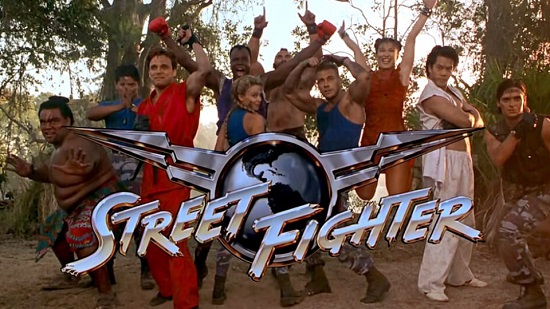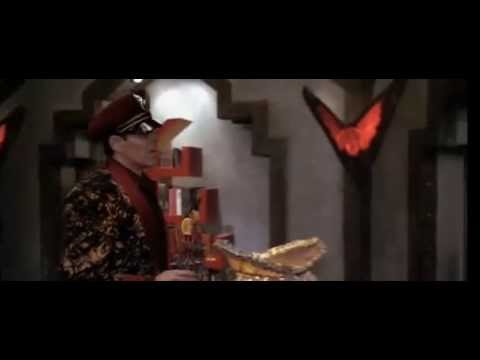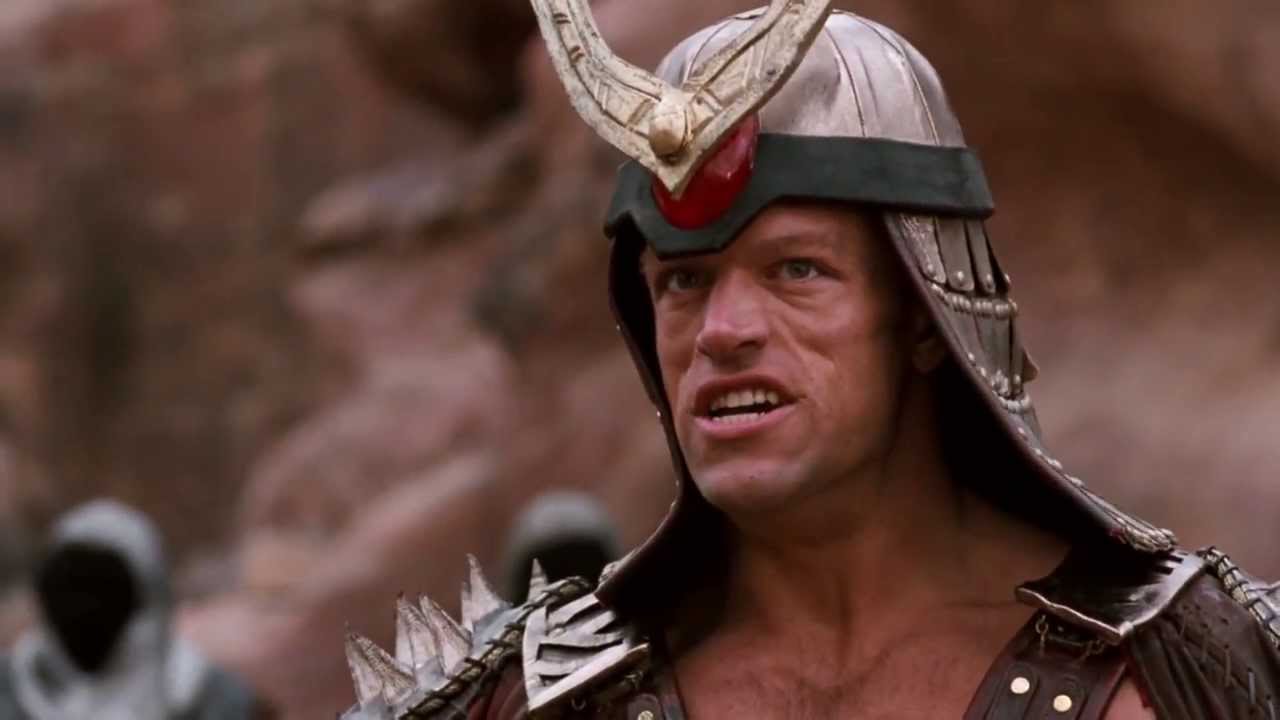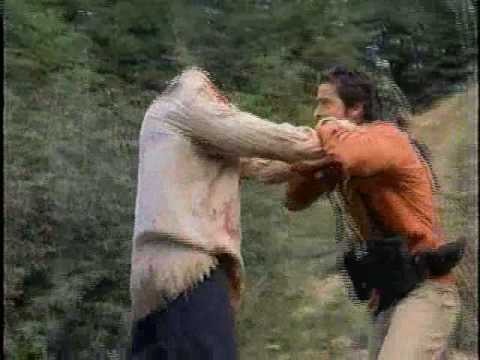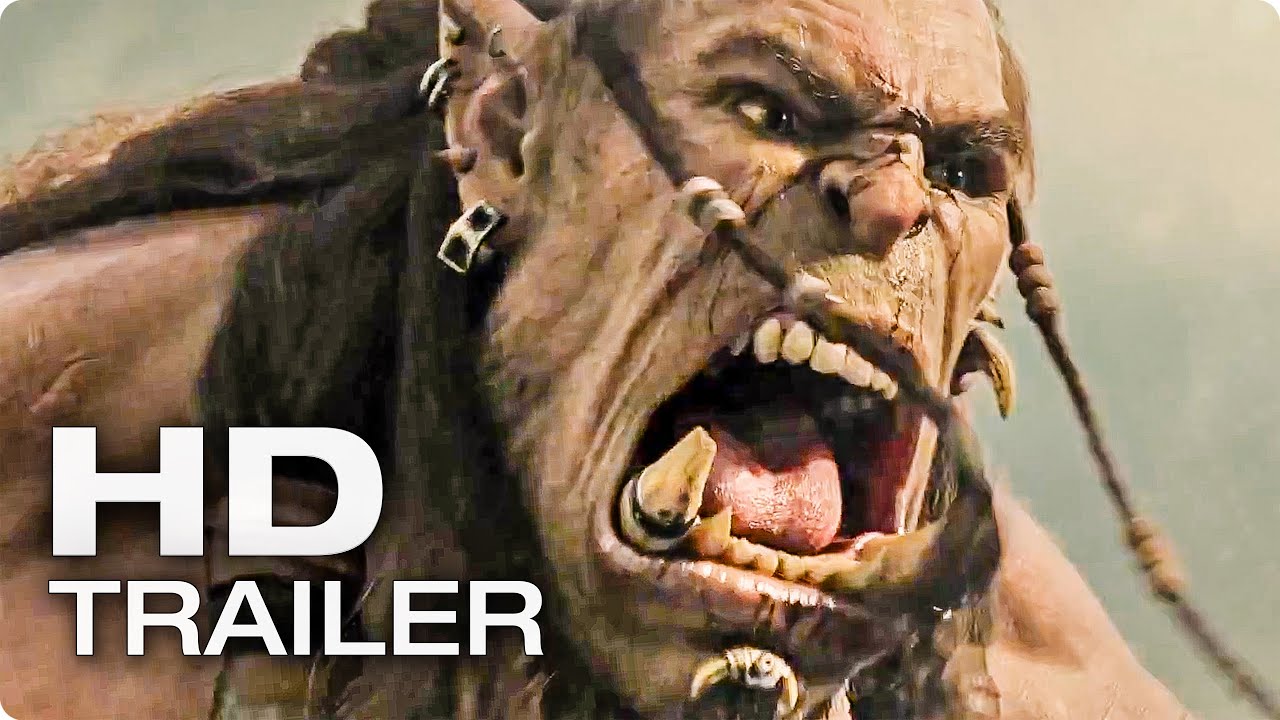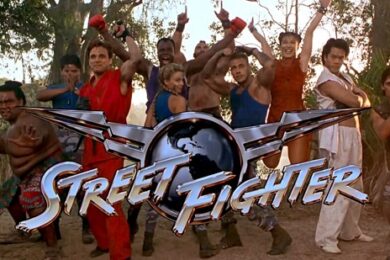After years of abject failure, video game adaptations are making a return, with films like Warcraft, Assassin’s Creed and The Angry Birds Movie on the horizon. Sure, there has been a steady stream of them ever since the first attempt, 1993’s Super Mario Bros, a film that did not instil confidence to say the least, but it seems like they have become more popular with no less than nine adaptations either confirmed or on the horizon. The reason for this upwards trend is difficult to ascertain since even though the odd few have been commercially successful, the vast majority of the films have flopped, and for good reason. To properly examine the fate of these films, it seems only fair for us to start at the beginning, and figure out why video game adaptations continue to be such disasters.
The impression you get from the first attempts at transitioning from game to film are that no one involved knew what they were doing. In the case of Super Mario Bros the studio managed to acquire a talented cast, with the likes of Bob Hoskins and John Leguizamo in the main roles and The Simpsons legend Dan Castallaneta narrating, and offered them material so ridiculous that they never stood a chance – though however much they were paying the late, great Dennis Hopper was evidently not enough, as he took a sabbatical from acting for the duration. You can see Nintendo’s perspective: the games have been ridiculously successful, the toys that correspond with the games have also been selling, so why not make a film?
Many reasons, it turned out. Films are hard to make, and good films even harder. It’s one thing rolling out a set of toys that will sell just because they’re tied to a video game, but people who watch a film expect to be solidly entertained for two or so hours. The film went through development hell, from various script iterations to multiple cast changes (Tom Hanks was apparently set for the role of Mario, but the studio decided to go with the supposedly more profitable Hoskins) so that it ended up being a menagerie of strange ideas, rubbish accents and odd visual effects. It also flopped at the box office, making less than half of its initial budget back.
You would think that if adaptations continued on the same track, they would be sure to meet similar fates. Indeed, Double Dragon, an adaptation of the synonymous brawler from 1987, followed Super Mario Bros, and arguably did worse, absolutely failing to learn any lessons from its predecessor and delivering something mindbendingly dull, with only the odd ridiculous line providing some unintentional comedy. It also made an even bigger loss than Mario, which perhaps should have taught studios that opting to adapt games where the story is not one of the main aspects may not be a good idea.
Nope. The legendary Street Fighter adaptation followed, and once again completely capitulated under its own weight. This time you couldn’t even enjoy the special effects (which at times were relatively good in Super Mario) and the fighting itself was laughably strung together and edited, so that errant kicks connect with nobody and yet proceed to knock characters into the middle of next week. Its one saving grace is that it’s hilarious. From Raul Julia’s admirable over-acting as Bison to Kylie Minogue’s bizarre casting as Cammy, the unintentional comedy is everywhere. Sadly the truly terrible dialogue, shifting tone and stilted line delivery were not part of an intentional self-mockery, but a badly misjudged attempt at making a coherent action film. Game studio Capcom’s over-involvement in the adaptation and insistence on grabbing Jean-Claude Van Damme for the main role took a large chunk out of the budget, perhaps proving that the quality of the film is undermined when the game studio takes a domineering role. It’s hard to believe that even without their meddling we would have got anywhere near a good film though.
However, unlike its predecessors, Street Fighter made a lot of money. It could be because of the large following for the game – although that didn’t do the Mario film any favours. Perhaps it was because director Steven DeSouza was and still is a respected name in the industry and knew how to engineer a hit. But most likely it was because even though the film is awful, it’s endearing in its awfulness. Super Mario Bros was a disaster, but Street Fighter was a glorious, remarkable disaster, and that made it a hit.
It’s important to set up this relationship between shoddy scripts, bad acting and cynical cash grabs by money hungry games studios because that is pretty much the story of video game adaptations up to now. What happened in the years following the three films above is that particular people started to specialise in delivering awful scripts, terrible performances and insulting cash grabs.
One of those people is Paul W.S. Anderson. An English director whose only credit before making Mortal Kombat was a small crime drama called Shopping. Anderson was the first director to put his stamp on an adaptation, and his direction was widely praised. Mortal Kombat went on to become a massive hit at the box office and spawned a sequel. Sadly the film is liable to the same laughable ridiculousness as its predecessors, giving us some truly awful dialogue and leading to character interactions so strange you’d be forgiven for thinking someone had accidentally filmed a regional acting troupe rehearsing drunk. Its sequel, not directed by Anderson, was much worse.
Anderson went on to take his frenetic directorial style to the Resident Evil series, and carved out a niche for himself as someone who creates unassuming, knowingly trashy films that manage to capture some of the essence of the iconic video games. Sure, the films are still rubbish, with nonsensical plots and dialogue that does its best to match the video games for awfulness – to the extent that if the entire cast just traded looks you’d probably get much more emotionally involved – but there was definitely a niche there, and the umpteen sequels are proof of the series’ financial success.
The other so called ‘specialist’ in these adaptations is Uwe Boll. There are many words to describe Boll as a filmmaker, and probably highest on the list would be ‘deluded’. Indeed, Boll is so deluded that he decided that House Of The Dead, his 2003 abomination of an adaptation of the arcade game, was a complete success and that video game movies were his calling. Ever since, Boll has embarked on a mission to single-handedly destroy not just video game adaptations, but cinema itself with film after film of mind-boggling idiocy, perhaps most remarkable of which is his BloodRayne series, which stars the likes of Michelle Rodriguez, Michael Madsen and even Sir Ben Kingsley, but quickly loses any attraction it has through Boll’s complete failure to understand anything at all about how to make movies.
From the set design to the costumes, to the script to the acting and the editing, everything in a Boll film is awful. Boll’s efforts aren’t just bad, they suck out your soul and replace it with a vast chasm large enough to nullify all of humanity’s greatest achievements.
Despite this, Boll was somehow allowed to continue making video game adaptations, butchering Postal (and making $150,000 back from a $15 million budget) before murdering Far Cry. Eventually game studios began DENYING requests by Boll to adapt their video games. Blizzard didn’t just deny his request to direct a World of Warcraft film, they basically implied that Boll was the worst case scenario for a possible adaptation, and they were not wrong. It may come as a relief to Mass Effect fans that he won’t be going anywhere near a potential adaptation there either.
In amidst Anderson and Boll there were adaptations like Lara Croft: Tomb Raider, featuring Angelina Jolie in the period where she had forgotten how to act. There ended up being two Croft films because of the modest success of the first, and it was the first real franchise that showed actual promise. This was because the games relied heavily on story and offered many tangents that could have been taken. Sadly, we got two Indiana Jones ripoffs but it was at least a move in the right direction.
Leaving aside abject failures like 2005’s Doom, we move on to films like 2006’s Silent Hill, 2007’s Hitman and 2008’s Max Payne. These films all chose games that showed promise for silver screen adaptation due to the strength of their narratives. Silent Hill made a reputation for itself as a chilling, powerful video game that drew you in with its story as well as its gameplay. The film captures some of the atmosphere and aesthetic, though not nearly enough to be successful, despite a strong cast featuring the likes of Sean Bean and Laurie Holden. Coming in at 127 minutes, it was far too long and baggy to take advantage of the game’s strongest aspects, and features pointless scenes that completely broke the immersion. Finally though, it felt like we might be getting somewhere.
We weren’t. Both Hitman and Max Payne veered between being dull and unintentionally amusing, and it felt like perhaps a truly good adaptation was never going to come. Whether or not this was because the industry didn’t respect video games as a story telling medium or because the studios always saw the adaptations as potential money-spinning mindless hits, or both, it didn’t look good at all.
However, in 2010 Mike Newell made Prince of Persia: The Sands of Time. Sure, the film is once again lacking in any substance but it’s well made, features some believable chemistry in its performances (once you get past the controversy about Jake Gyllenhaal playing a Persian prince) and is altogether the sort of well-constructed ride we hadn’t had up until that point, even managing a few laughs for jokes that are actually reasonably funny. Newell’s film is the game-to-film adaptation’s first partial success story, which in this world of very little reward may well constitute a success. This film is okay. What a triumph.
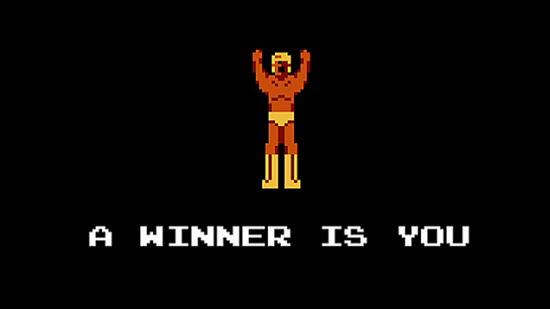
But perhaps there is room to be cautiously optimistic about the future.
After all, it’s not as if the names behind some of the upcoming adaptations are bad at all. Duncan Jones, whose film Moon was brilliant and followed up by the entertaining, smart Source Code, is helming Warcraft and hopefully he’ll bring the adventurousness he showed in his previous work to the fray, whilst Justin Kurzel is helming Assassin’s Creed. Kurzel made Macbeth last year and did a thoroughly good job, blending modern visual effects with a timeless story and making it work. He also tested out his relationship with his AC leading man Michael Fassbender, whose performance as the Scottish king was excellent, and also Marion Cotillard, who will be joining Kurzel and Fassbender in the action-adventure epic, too.
With such creative minds behind the films it’s not just a fool’s hope that they’ve learnt some lessons from the past and realised that establishing a strong narrative is the first step to the adaptation process, whether that’s coming up with a new story or using the existing one. Both directors have been given large budgets for visual effects and have talented people to work with, so hopefully the promise will be delivered on. The Warcraft trailer has been divisive, with some wary of its over-reliance on CGI, but it hasn’t extinguished the promise, and the first shots of Assassin’s Creed look interesting to say the least.
Unfortunately there are still probable duds in the pipeline – the Angry Birds trailer was totally unfunny for example – but at this point just a small success would be a victory. If even a couple of gems fall from out of the vast expanse of sludge perhaps that will set a precedent for a future where video game adaptations are not derided before they’ve even got their feet off the ground, but are actively anticipated and encouraged as part of the wider universe of the game in question. A pipe dream it might be, but it helps to be hopeful sometimes.
Warcraft is due for release in the UK on June 3rd while Assassin’s Creed will be released on December 21st

